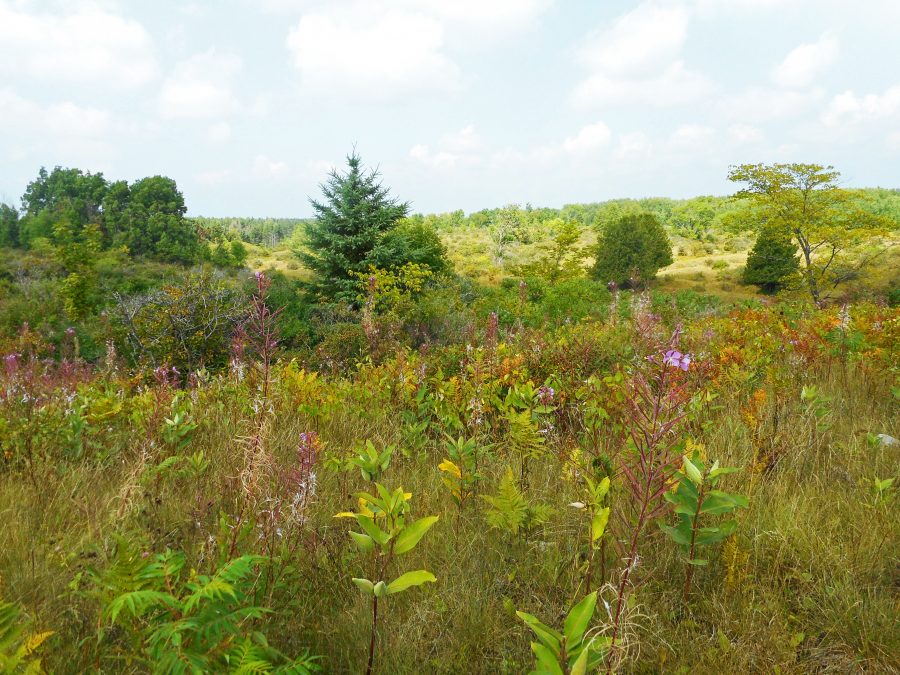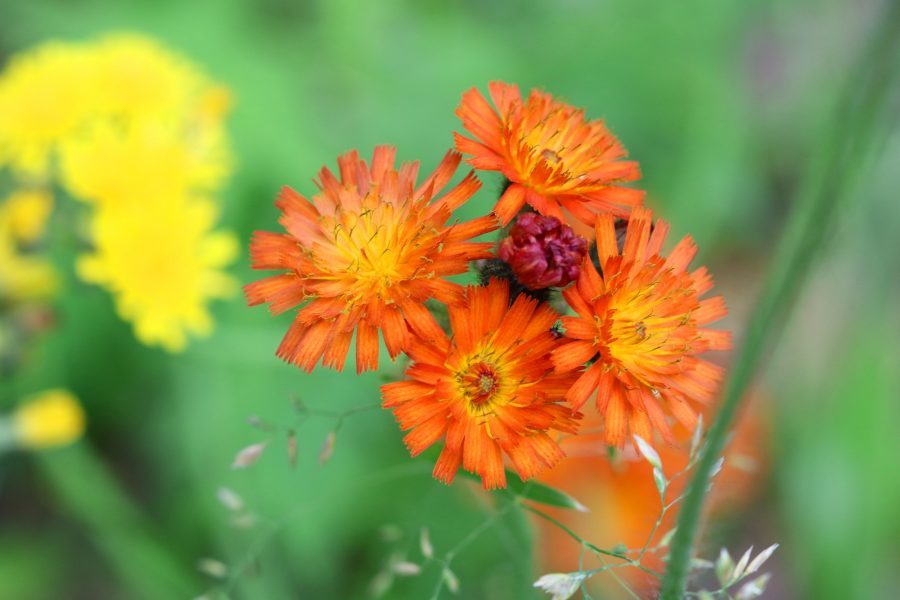For those who suffer from asthma or allergies, the warmer weather and park visits can sometimes mean running nose, watery eyes or breathing difficulties.
It’s time for a quick pollen lesson to better equip you to take control of your breathing.
Pollen grains are tiny particles given off by trees, grass and weeds. Wind-pollinated plants are of most concern to people with asthma and allergies since they are carried by the wind and are easily breathed into the nose and lungs.

Different types of pollen surface during certain periods in the year—tree pollen in spring, grass pollen in early summer and ragweed in August until the first frost.
Don’t let pollen stop you from going outside

Here are some tips to reduce your exposure to pollen while visiting your favourite provincial park:
- Check local pollen counts on weather or allergy websites
- Plan outdoor activities for low-pollen times
- Take allergy medicine in advance, wear sunglasses to protect your eyes and accessorize with a hat or head scarf to keep pollen out of your hair
- Plan your excursions when it’s cooler and less windy – after a rain is a good time to go outside
- Toss your clothes in the washer once you come inside
Any questions?
Keep your asthma well-controlled to reduce the risk of breathing difficulties. For more information call The Lung Association Lung Health Information Line at 1-888-344-LUNG (5864) or visit their website.
Thank you to our friends at The Lung Association for providing this information and for helping to sustain the Healthy Parks, Healthy People movement.



